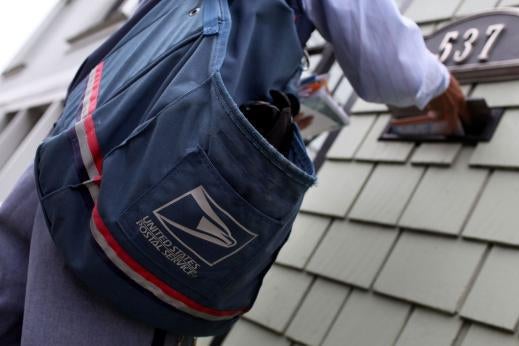The U.S. Postal Service today announced its intention to stop delivering mail on Saturday as part of a cost-cutting effort. It’s a perfectly reasonable idea that will improve USPS’s budgetary situation with minimal disruption to the people who work there and the people who use the service.
That said, it obviously doesn’t get to the core issue here. USPS is built around a cross-subsidy model. The idea is that a monopoly on the right to deliver daily mail will generate lucrative profits in most cases, and those profits will allow the USPS to cover the cost of unprofitable routes, thus fulfilling its Universal Service Obligation. And for a long time, it worked great. In fact, the profits were so big that the USPS workforce was able to help itself to relatively generous compensation packages while still leaving plenty of money to run the postal service.
But the monopoly has become less lucrative and that’s not going to change in the future. That’s squeezed the budget, squeezed postal workers’ compensation packages, and is now squeezing the quality of nationwide mail service. As a country, we need to ask ourselves whether providing subsidized mail delivery to low-density areas is really a key national priority. Without the monopoly/universal service obligation, it’s not as if rural dwellers wouldn’t be able to get mail, it’s just that they might need to pay more in recognition of the fact that it’s inconvenient to provide delivery services to low-density areas. Nostalgia-drenched Paul Harvey Super Bowl ads aside, it’s not the case that rural Americans are unusually hard-pressed economically or are disproportionate contributors to the economy. They are, rather, the beneficiaries of numerous explicit and implicit subsidies, of which the Postal Service’s universal service obligation is one.
